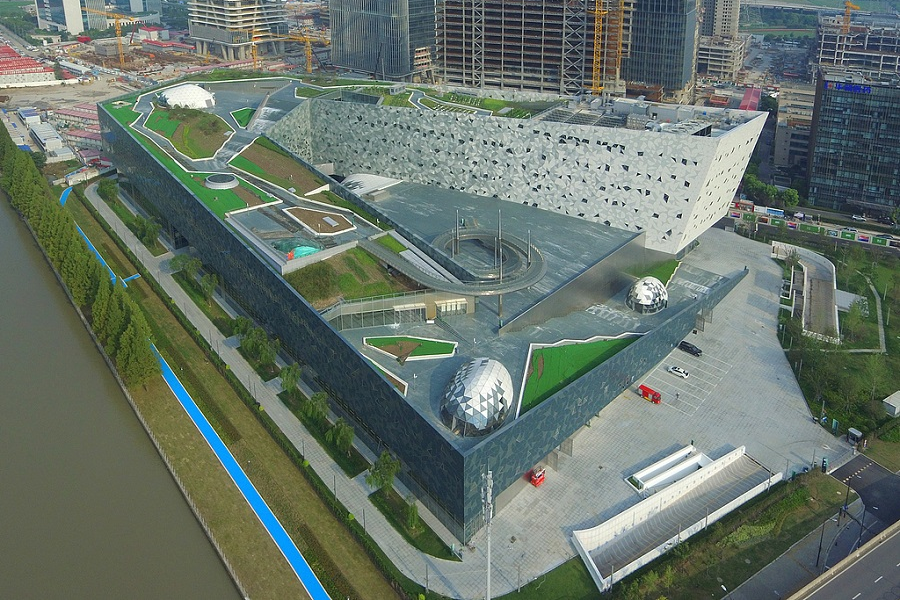Shanghai innovates scientific instruments and research reagents

The Shanghai Municipal Commission of Science and Technology issued its 2025-2027 action plan on Dec 11. The plan calls for a boost to the innovative development of scientific instruments and research reagents.
In accordance with the plan, Shanghai will endeavor to build one to two technology testing and verification platforms, and establish more than five application scenario and user experience centers by 2027.
It will further enhance its innovation capability for scientific instruments and research reagents, as well as improve innovation in its industrial ecosystem.
It will also strive to cultivate over five leading sci-tech enterprises in niche sectors, and innovate more than five scientific instruments and over 10 research reagents to take the global lead by 2027.
The output value of the industry oriented to scientific instruments and research reagents is anticipated to hit around 45 billion yuan ($6.18 billion) by the end of the period.
The following are some of the primary measures proposed by the plan.
Make breakthroughs in key technologies and innovative products
Shanghai will strive for breakthroughs in key generic technologies concerning scientific instruments, including precision machining, optical design and manufacturing, electronic circuits and control, and precision assembly and calibration.
It will support research and development for key components such as high-precision sensors, special detectors, and optical components.
It will bolster R&D for cutting-edge scientific instruments like high-end electron microscopes and electrochemical analyzers.
It will also assist R&D for high-purity and ultra-pure reagents, high-end enzymes and other research reagents, as well as supporting reagents for scientific instruments in the fields of cell and molecular bioanalysis, biological imaging, and so forth.
Cultivate first-class sci-tech enterprises
Shanghai will utilize maker spaces, incubators, accelerators, and similar platforms to strengthen the incubation and transformation of sci-tech achievements, as well as to enhance innovation and entrepreneurship services.
It will strive to host international and domestic events, and attract entrepreneurial teams and startups through industry events such as exhibitions and forums.
The city will bolster international development of enterprises, promote their cooperation with world-renowned corporations and institutions, and help them build a global supporting system for technological innovation and expand in the global market.
It will attract and assist foreign-funded enterprises to set up headquarters, R&D centers, and production bases in Shanghai, and provide high-quality and convenient services for enterprise operation.
Improve the innovation support system
Shanghai will support the development of digital products such as data analysis software and database systems for scientific instruments and research reagents.
It will encourage enterprises and industrial associations to undertake research on related standards, and promote the formulation of an array of technical standards with global influence.
Build a sound industrial ecosystem
Shanghai will strengthen the cultivation of skilled talents for the industry oriented to scientific instruments and research reagents.
It will elevate the development of the Songjiang scientific instruments industrial park and guide small and medium-sized enterprises in scientific instruments, research reagents, supply chain and related fields to cluster in areas such as Songjiang, Zhangjiang, and other sci-tech zones.
The city will give full play to the fund of funds for its three pioneering industries — integrated circuits, biomedicine and artificial intelligence, as well as the fund for future industries, and encourage social capital investment.
It will optimize pilot policies for the imports and exports of articles for R&D, improve the management model that is oriented to enterprise credit, and expand the pilot scope to include standard samples for micro detection.
Source: Shanghai Municipal Commission of Science and Technology
Note: The English version of the action plan is for reference only; the official Chinese document shall prevail.